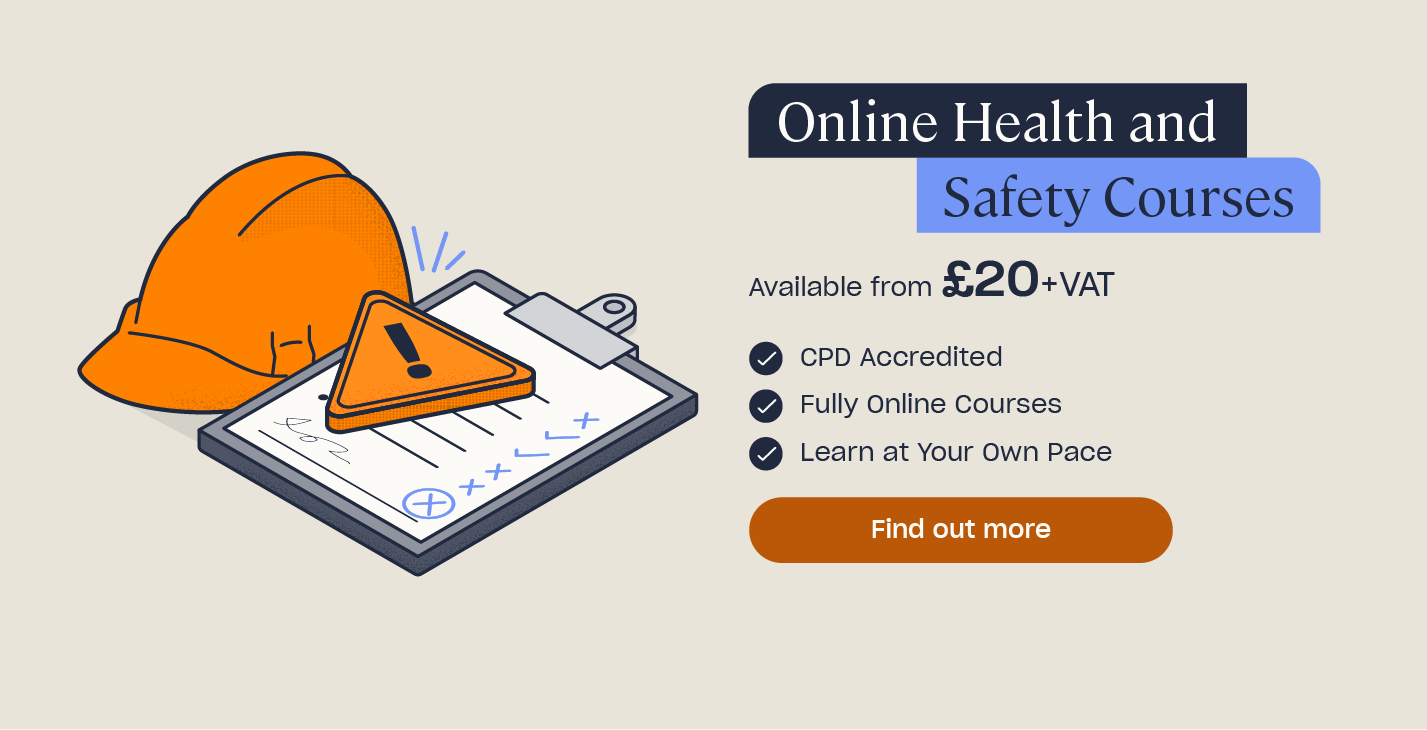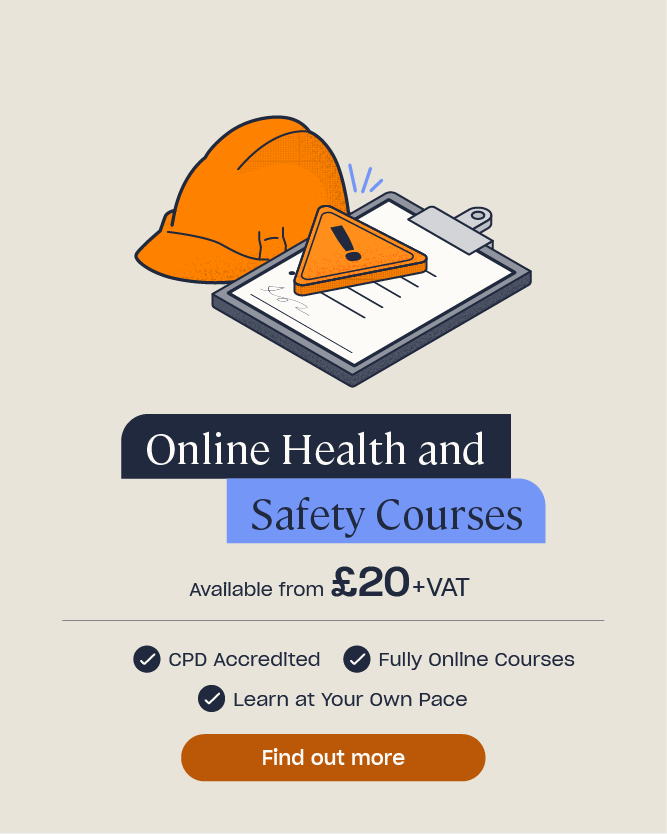How to Build Relationships in Construction
Building lasting, meaningful relationships within teams in any environment has a significant impact on work satisfaction, loyalty and wellbeing of colleagues, boosting attendance and decreasing the ‘revolving door’ and poor reputation that some businesses may find themselves tarred with, and construction truly is no different. Teams that ineffectively communicate can have costly repercussions, with miscommunication resulting in $31 billion dollars in lost finances in one year alone in the U.S.
Further to this, having positive and productive working relationships can have a significant impact on health and safety on site. It is important that this attitude to relationships in construction is adopted by management and ‘trickles down’ from them to all team members. Effective leadership facilitates an understanding amongst those in a team of their mutual duty of care to one another. This encourages positive health and safety practices, which must be followed at all times, and helps to reduce the likelihood of accidents or incidents.
So how do we work to counter this issue? Through the introduction of collaborative strategies during construction projects, teamwork in construction can be effectively cultivated, creating a seamless directive that allows information to flow freely from colleagues to customers, resulting in projects succeeding and moving forward more effectively.
Throughout this article, we will explore what is meant by effective teamwork in construction, why it is important, and how teamwork can be improved in all construction businesses.
What is Teamwork in Construction?
Effective teamwork in construction and collaboration in construction work best when those involved have a unified vision of objectives. This ensures that they can communicate in an effective and timely manner with one another, and are able to coordinate and engage with one another “on the job.”
Construction is an inherently collaborative activity, which is why team building in the construction industry is so key. More than most, those who work in construction or a construction-related industry must learn how to build relationships with colleagues and deliver top-quality teamwork in construction.
Construction projects require collaboration of team members from various disciplines, including investors, engineers, architects, labourers and of course building contractors themselves, who must work collaboratively for a common goal.
Construction work inherently has very real-life risks, including but not limited to hazardous substances, dangerous substances, working at heights, heavy machinery, lifting hazards, and potential loose heavy objects. Without effective teamwork, there is the potential for health and safety issues to increase, which can have devastating effects on productivity, morale and reputation with customers, as well as the likelihood of accidents and incidents occurring.
Work in Construction?
Our Health and Safety Training Courses provide you and your workforce with a thorough understanding of the different aspects of health and safety that you may encounter.
Why is Collaboration in Construction Important?
Effective collaboration in construction helps team members to conserve resources, such as time, which can easily be lost when trust, communication and leadership breaks down, leading to mounding costs.
Whilst all members of a construction team may share a common goal of wanting to complete the project at hand, their methods of doing so and the priorities of each team member can be very different, which may cause conflict or even halt the progress of the project altogether. In order to function effectively, teams must have a culture of mutual respect, mutual trust, proactive helpfulness, and ideally, a sense of camaraderie. If you are interested in learning more about effective communication, take a look at our article on communication in construction.
What are the key reasons why teamwork is so important in construction?
- Increased efficiency and productivity
- Planning – construction projects bring together different consultants and contractors in order to execute a common goal. Therefore, the application of teamwork in the sequencing and scheduling of works, coordination of tasks, and allocation of resources is vital.
- Collaboration – collaborative teamwork facilitates the achievement of the project objectives as per the specifications of the business owner and the stakeholders in a timely manner and within the budget. Efficiency on the construction site is increased as a result of the collective contribution of diverse ideas, of streamlining processes, and mutually identifying the best way of working.
- Innovation – it promotes innovation as the team members are able to learn from one another, share knowledge, obtain feedback and grow in their respective trades.
- Enhanced construction safety and risk management
When on-site, workers feel as though their safety is being taken care of and any concerns that they may have are dealt with professionally and effectively. This boosts overall morale and fosters a happier, healthier and more efficient workforce.
- Fewer disputes, easier organisation
- Teamwork promotes open communication channels amongst all members of the team, where the ideas and concerns of all the consultants, contractors and subcontractors are addressed with equal importance;
- Issues can be more easily addressed as and when they arise, and potentially reduce the number of claims prior to the issue materialising in a damaging way, which minimises any possible negative impacts on the project as a whole.
How to Improve Teamwork in Construction
Strong teamwork in construction must be underpinned by excellent communication. Further to this, your team can hit the ground running by implementing these tips:
- Introducing team members to one another, in person, in order to help team members create bonds and to forge an overall sense of team identity;
- Bring all members of the team together by having a robust vision of what should be achieved collectively, to create a shared vision that may then be itemised into smaller tasks for team members;
- To ensure effective communication from the start, create the ‘best practice’ approaches to issue negotiation and resolution;
- Encourage collaboration and participation, and foster an environment that ensures that all team members are motivated.
How to Build Relationships with Colleagues
- Match personalities with skill sets
- Every member of a team has a unique set of skills that can help make a team work to the best of its ability, whether that’s excellent communication skills, a positive attitude or more hard skills and technical abilities.
- The key to making an efficient team that can work well together is to mix and match individuals effectively, creating balance, rather than a group of individuals possessing similar skill sets attempting tasks from similar viewpoints and skill sets, without variation.
- Use team-building exercises
- Building trust is a necessary element for improving a team – if everyone trusts their team members then they are more likely to react to testing situations with positivity and without creating conflict.
- Team building exercises are a fantastic tool to bring teams together. The more informal the feel of a team building day, the more it will allow your employees to get to know one another, improving your team’s ability to work cohesively together beyond the day.
Want to find out more about team building? Check out our team building article here.
- Set team goals and targets
- Implementing a goal or target that you would like your team to meet is a fantastic way to ensure that every individual begins to view the project as something bigger than themselves.
- Help teach your staff the value of other team members’ opinions; possible conflicts are always likely to arise when working with teams, but by ensuring that you keep an eye on your team and make sure they are dealing with such arising conflict in the correct way, conflicts can sometimes lead to positive progress on a project.
Want to find out more about effective communication skills? Check out our communication skills course here.
We hope that you found this article helpful – for more information, please check out our links to further resources and training courses, below.
Further Resources:
- What is Effective Communication in Construction?
- Online Health and Safety Courses
- What are the Benefits of Team Building for your Business?
- Toolbox Talks in Construction: Guidance on Meeting Topics and Resources
- How to Become a Construction Worker
- Careers in Construction Industry: Opportunities and Roles
- Quality Assurance in Construction
- Communication Skills Training






